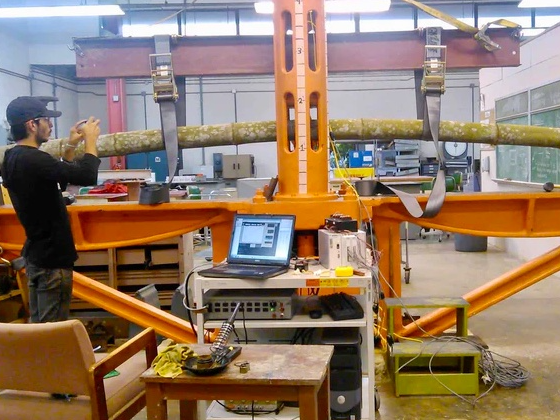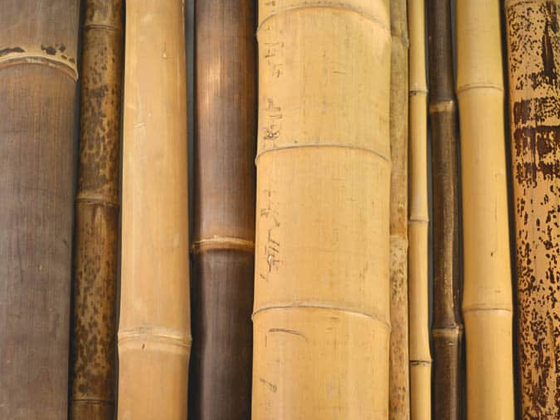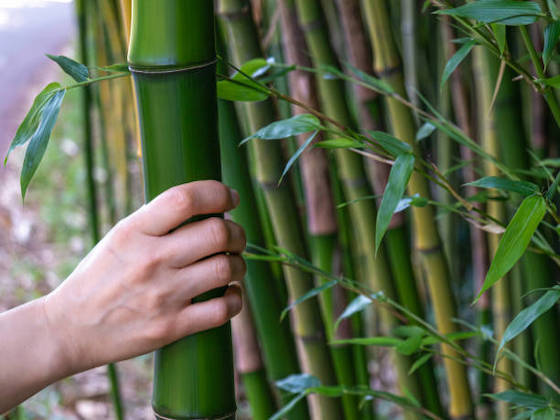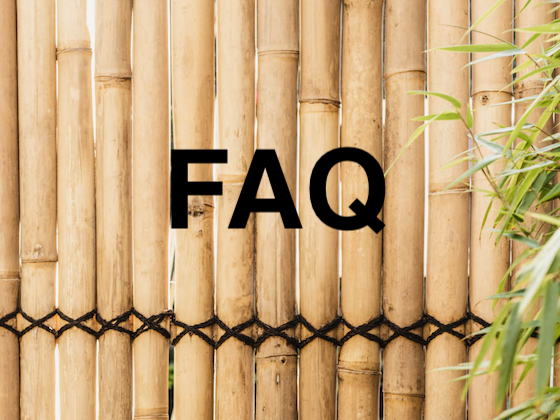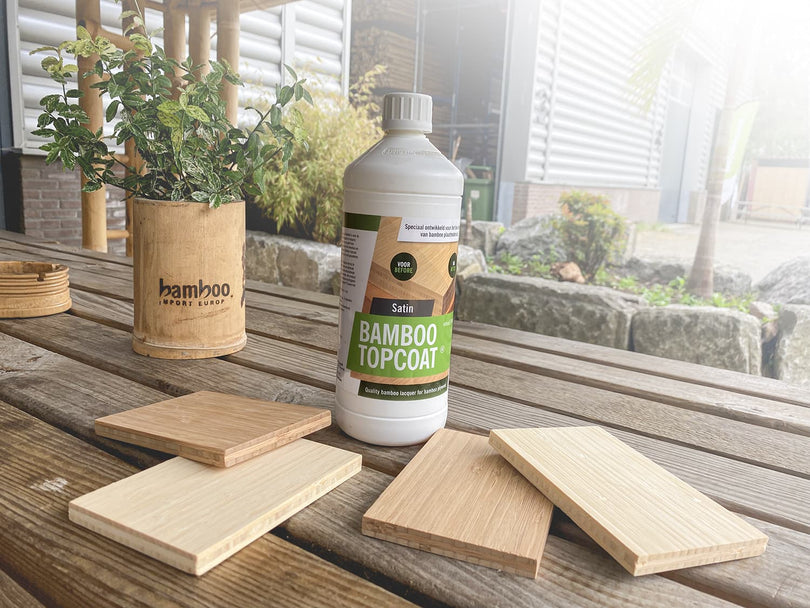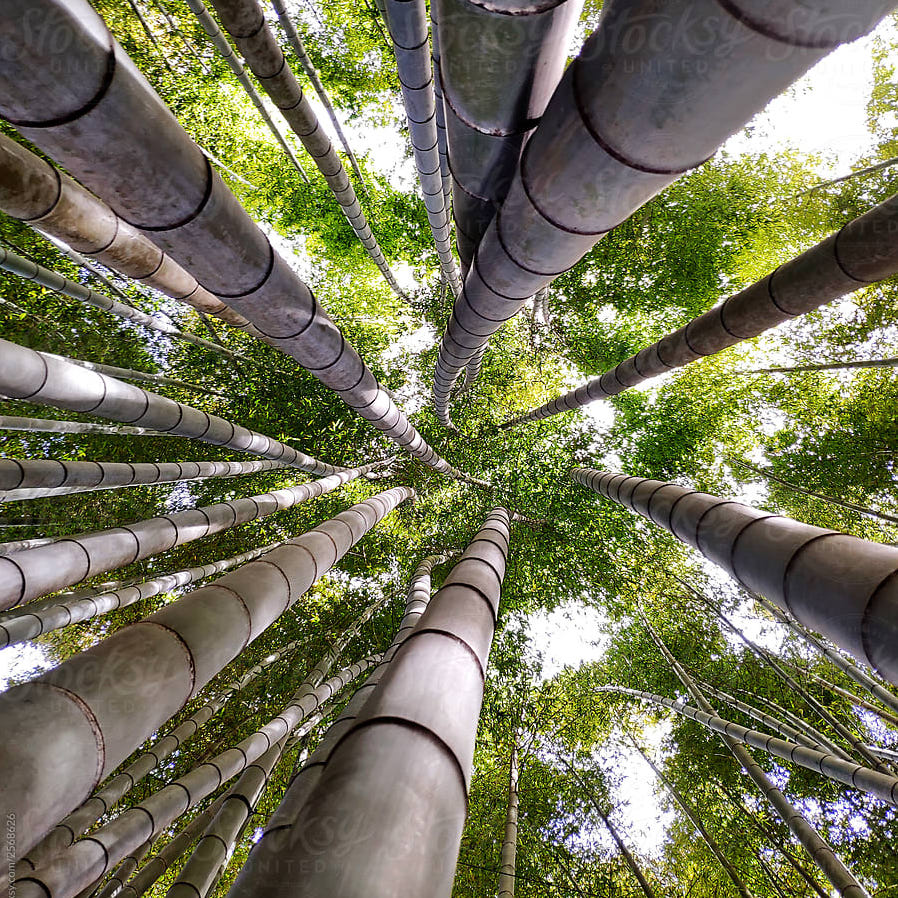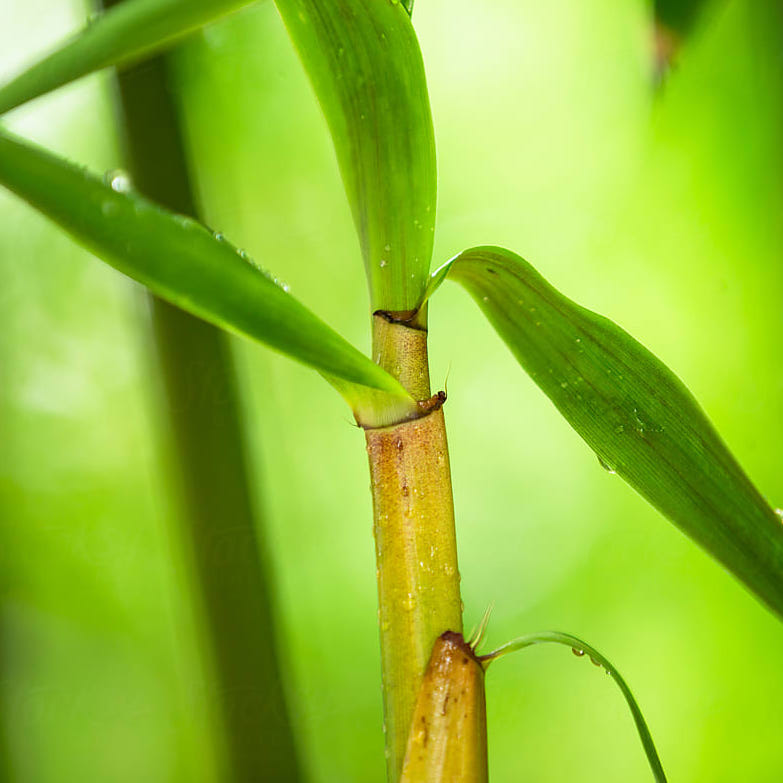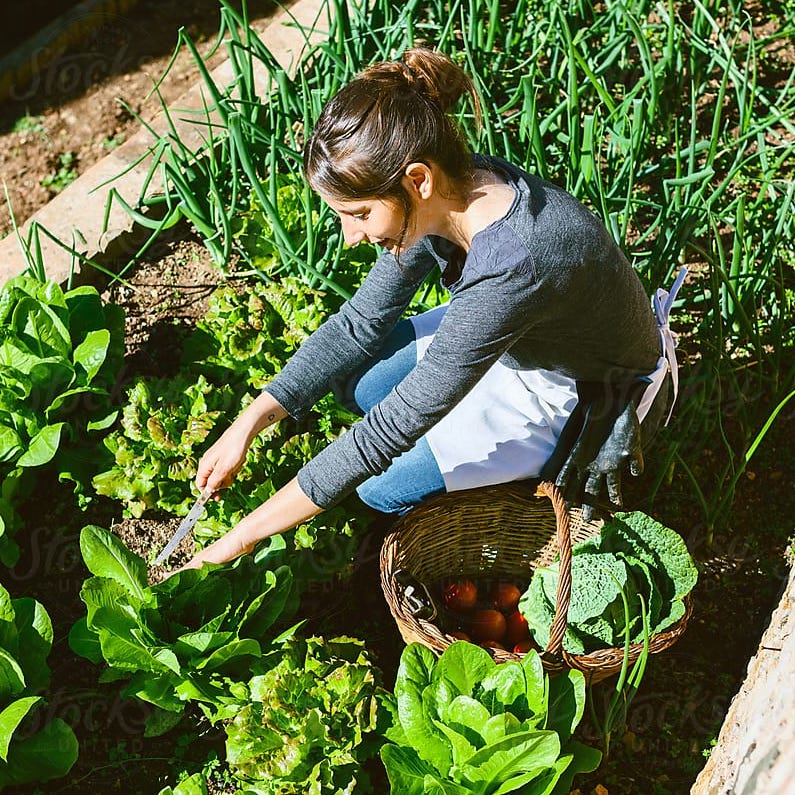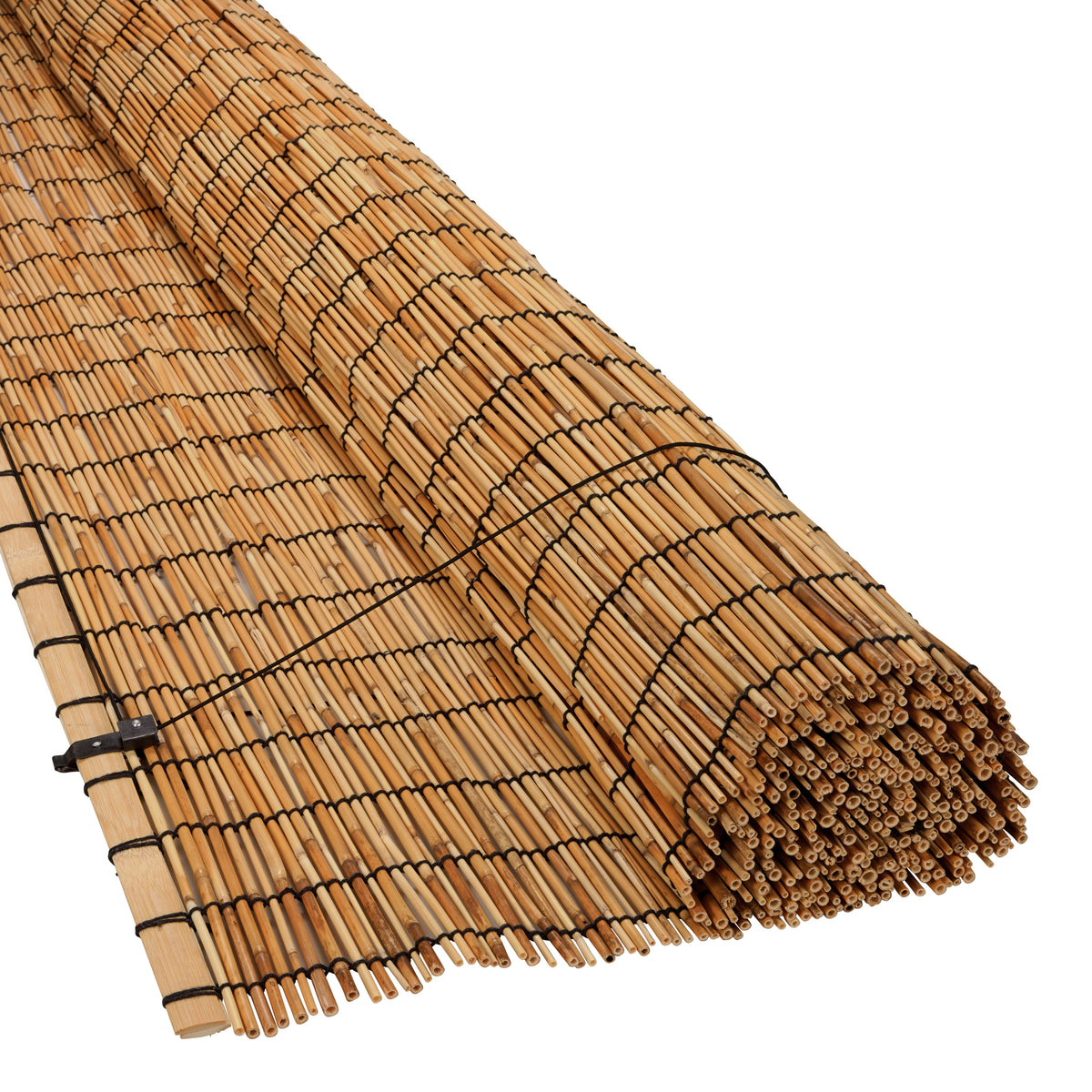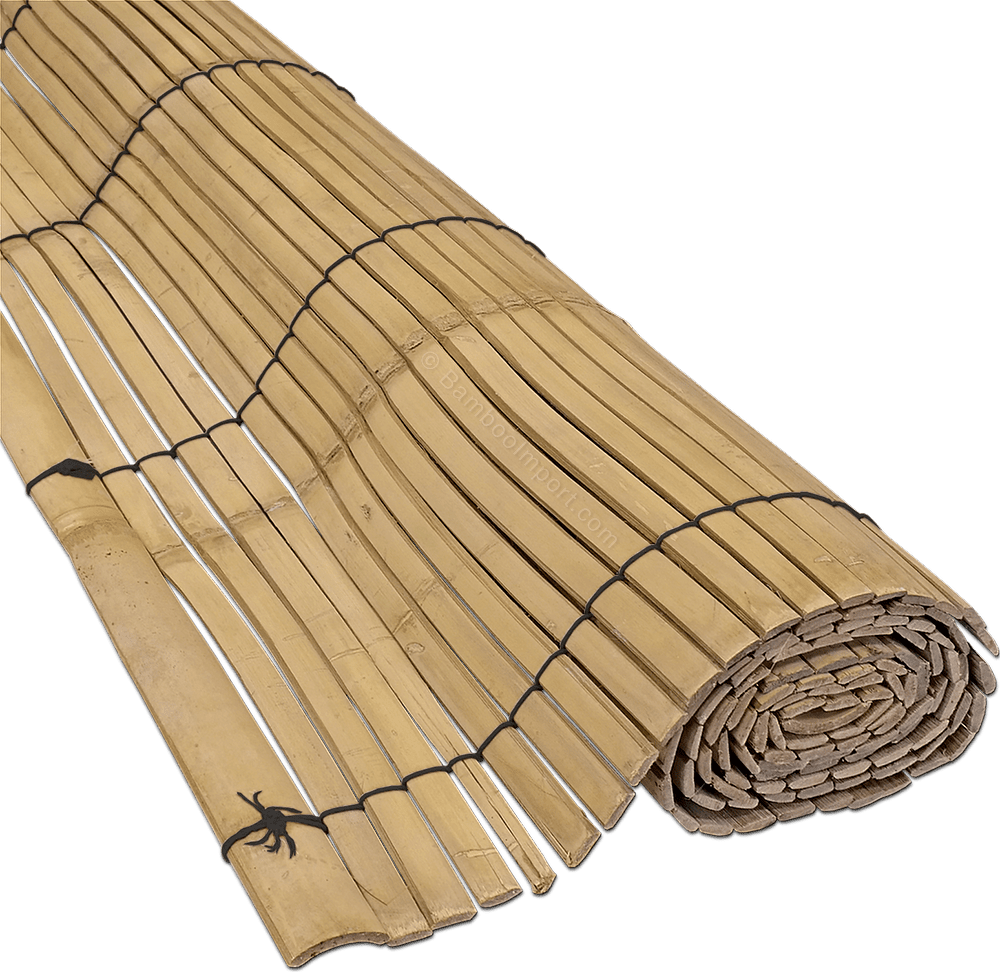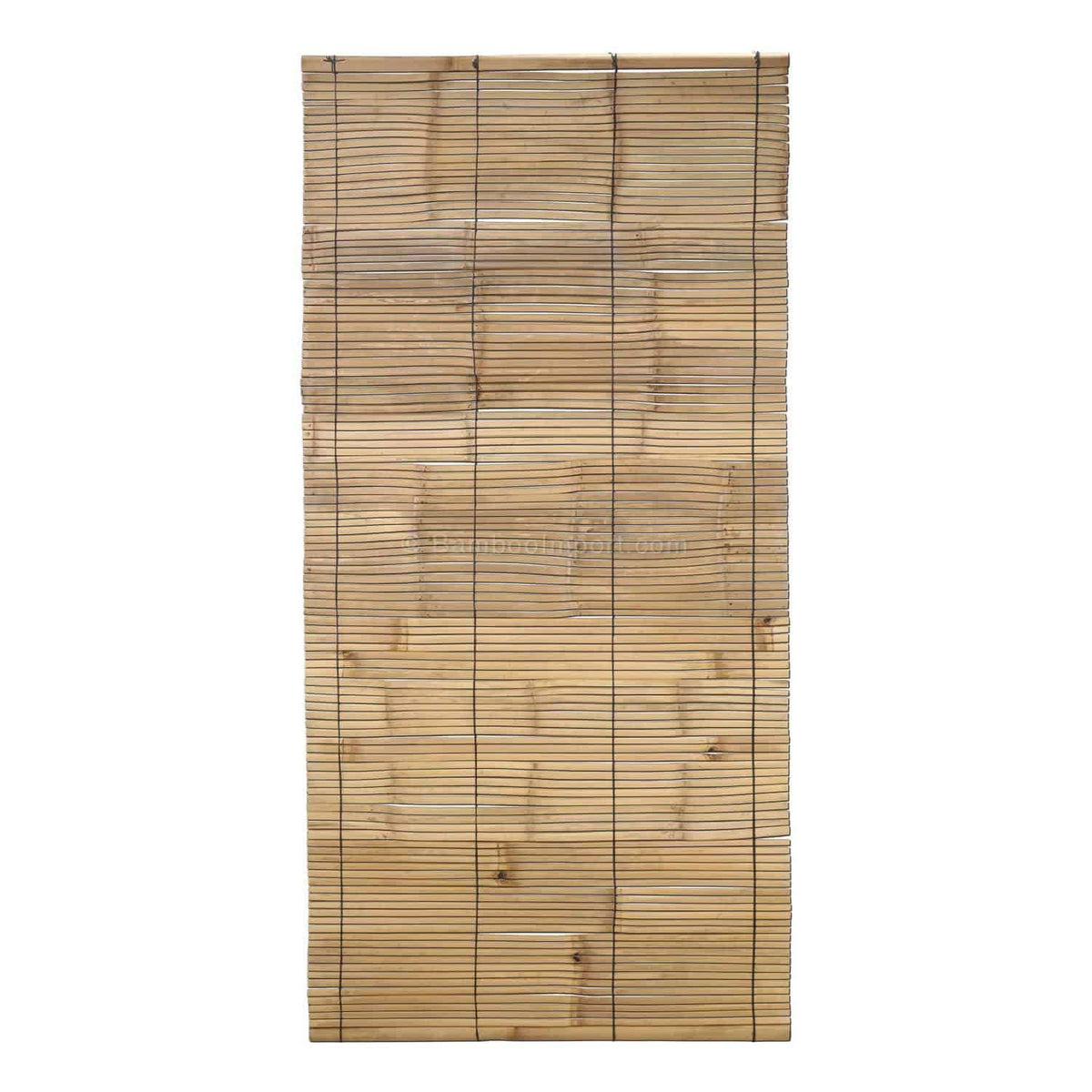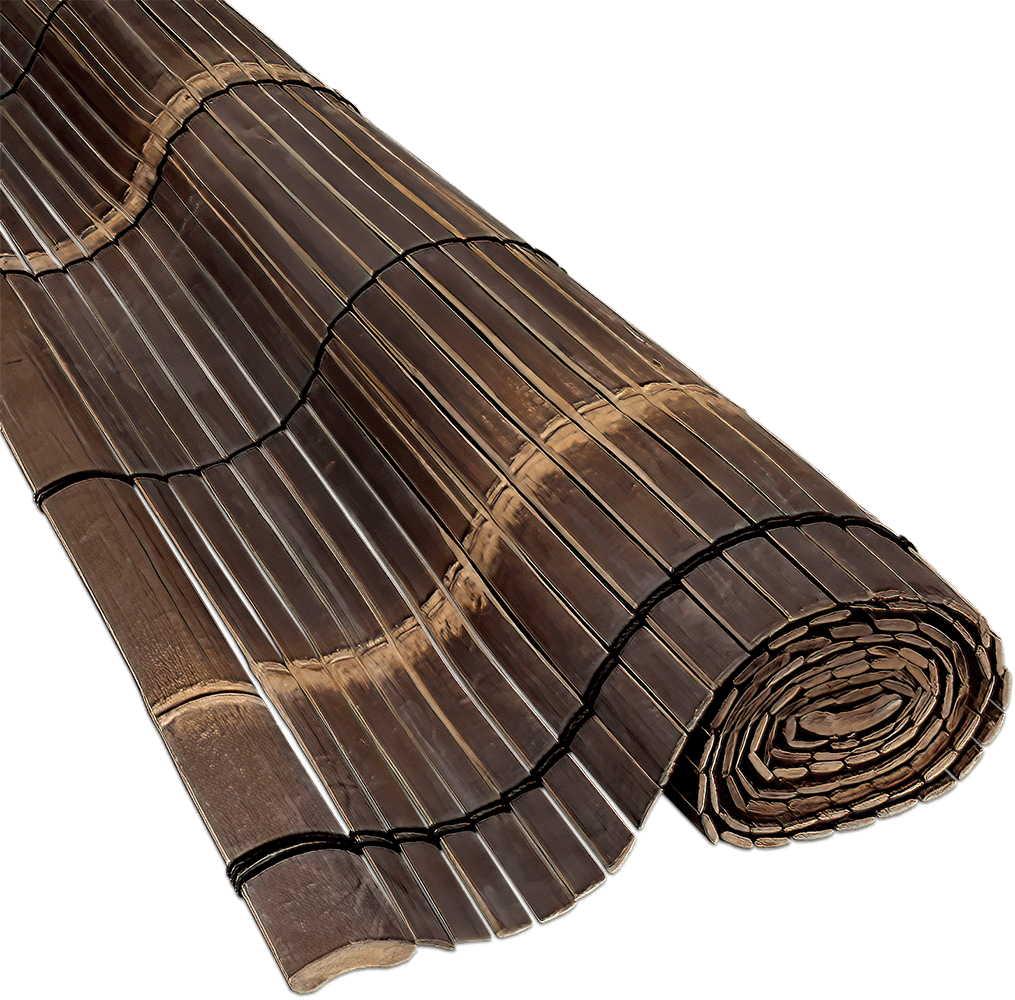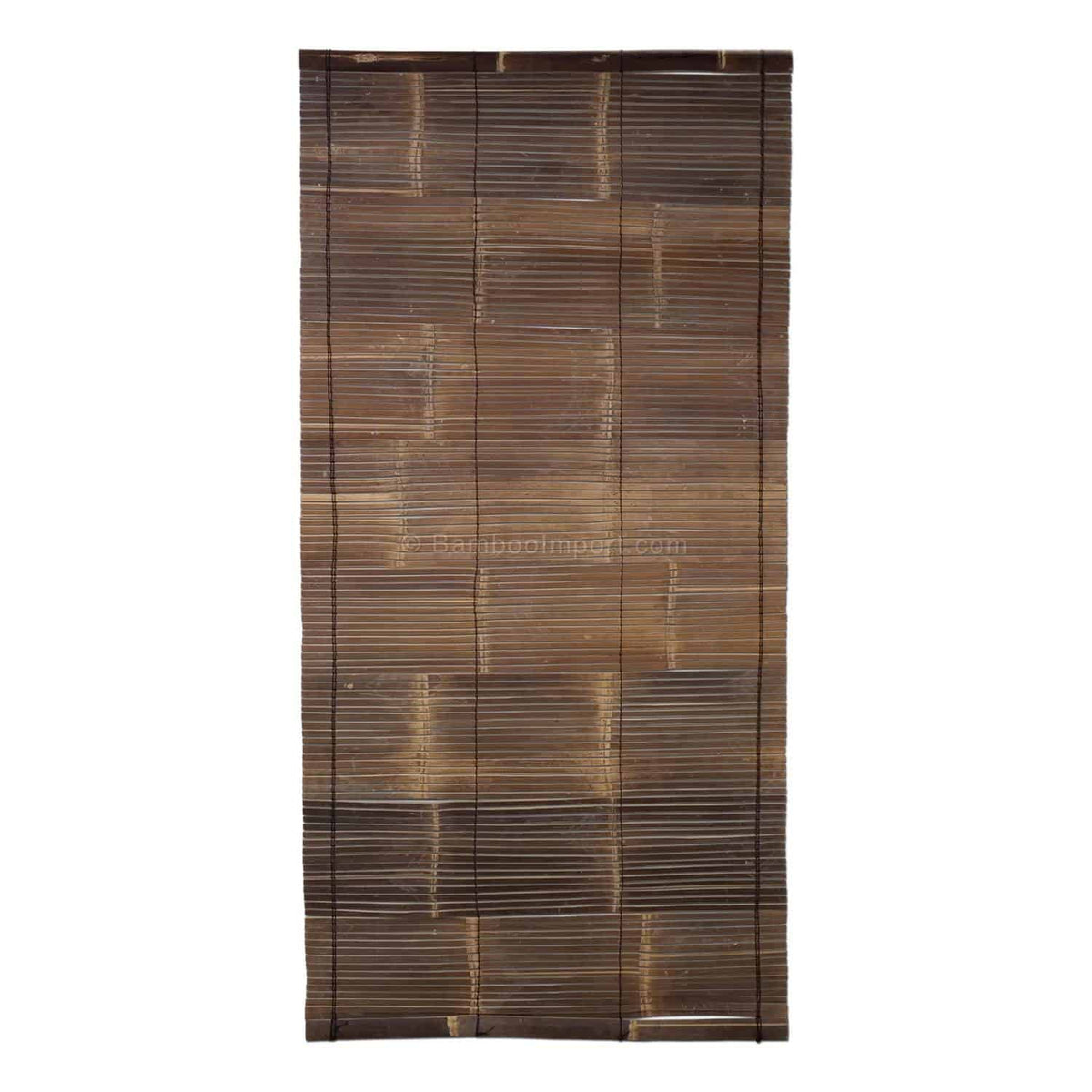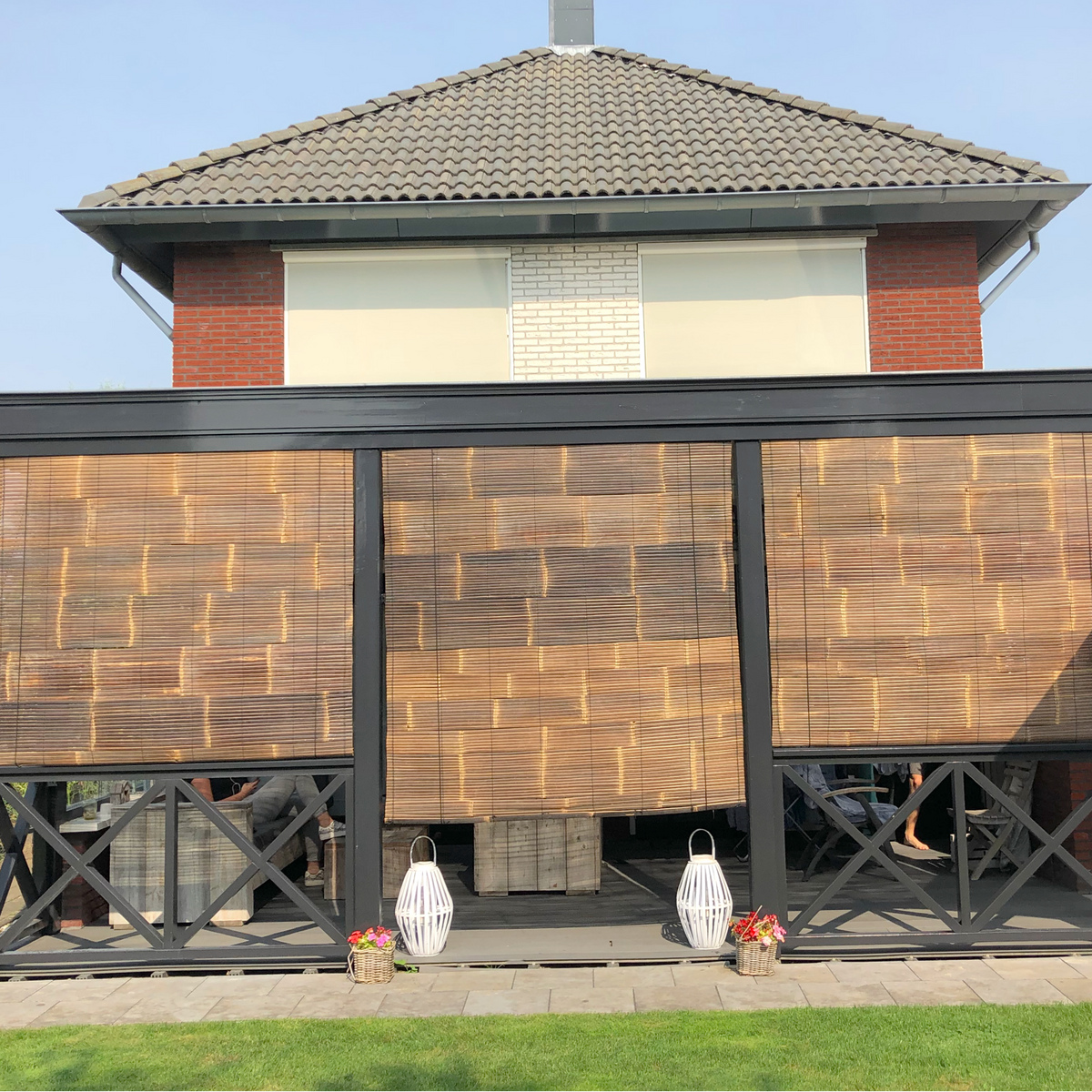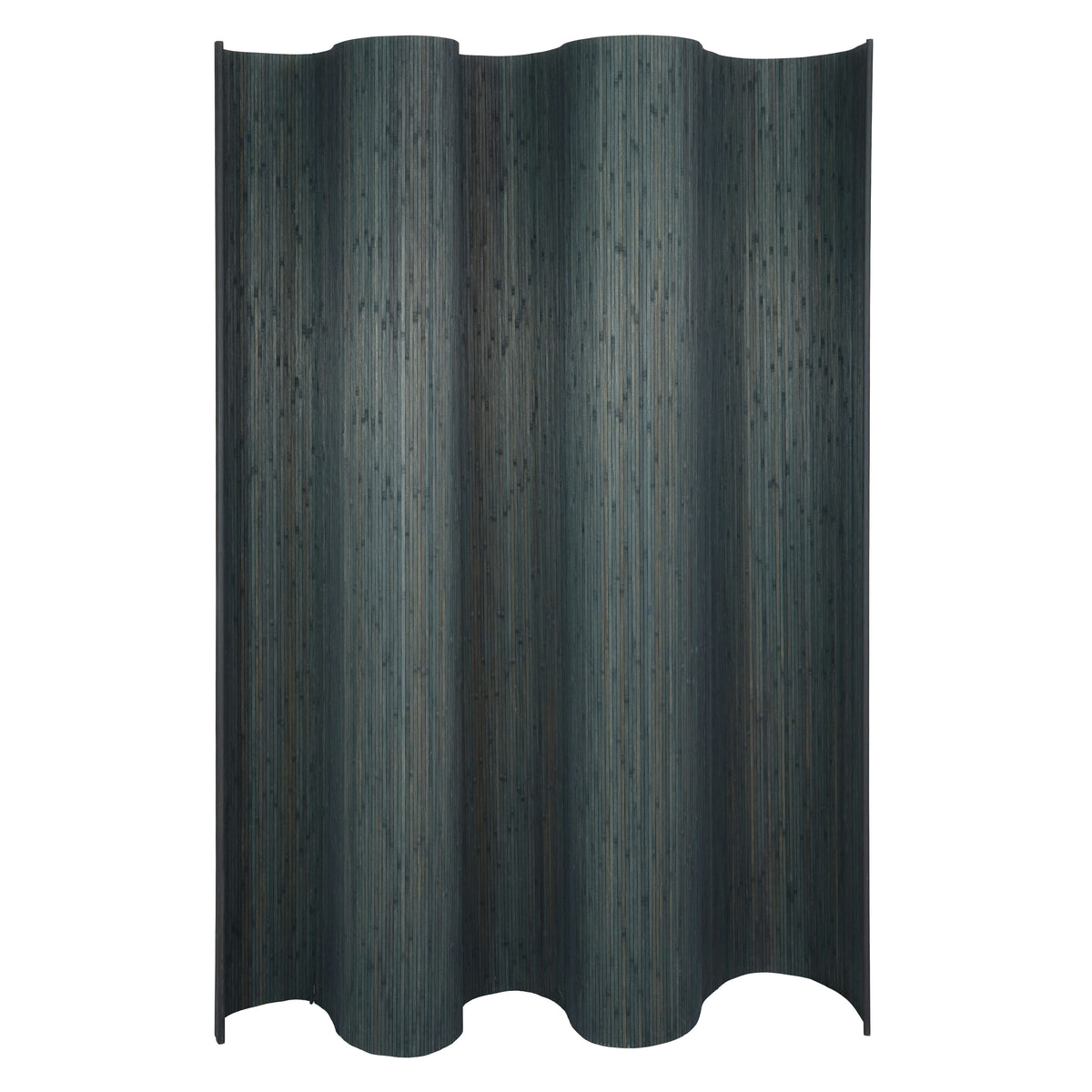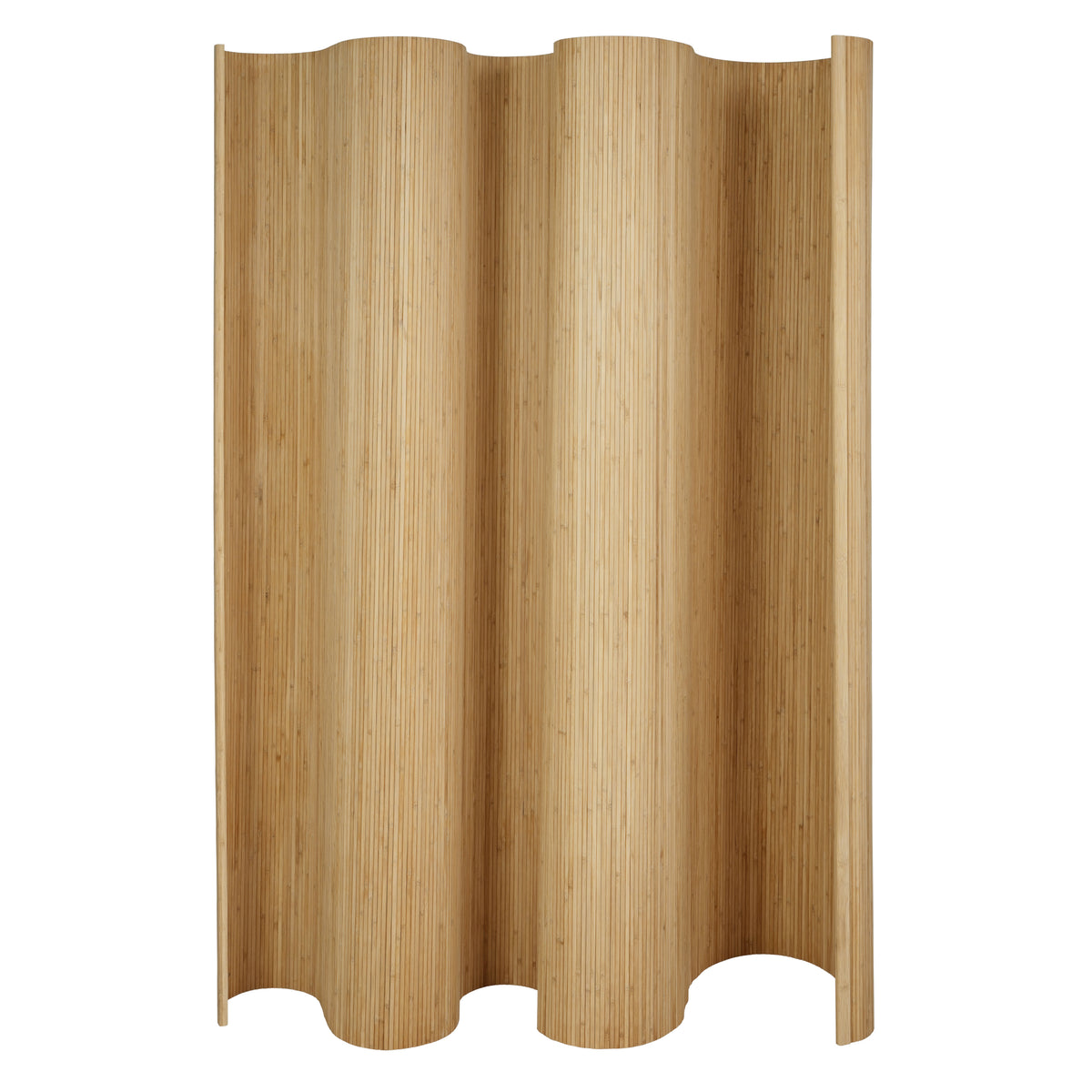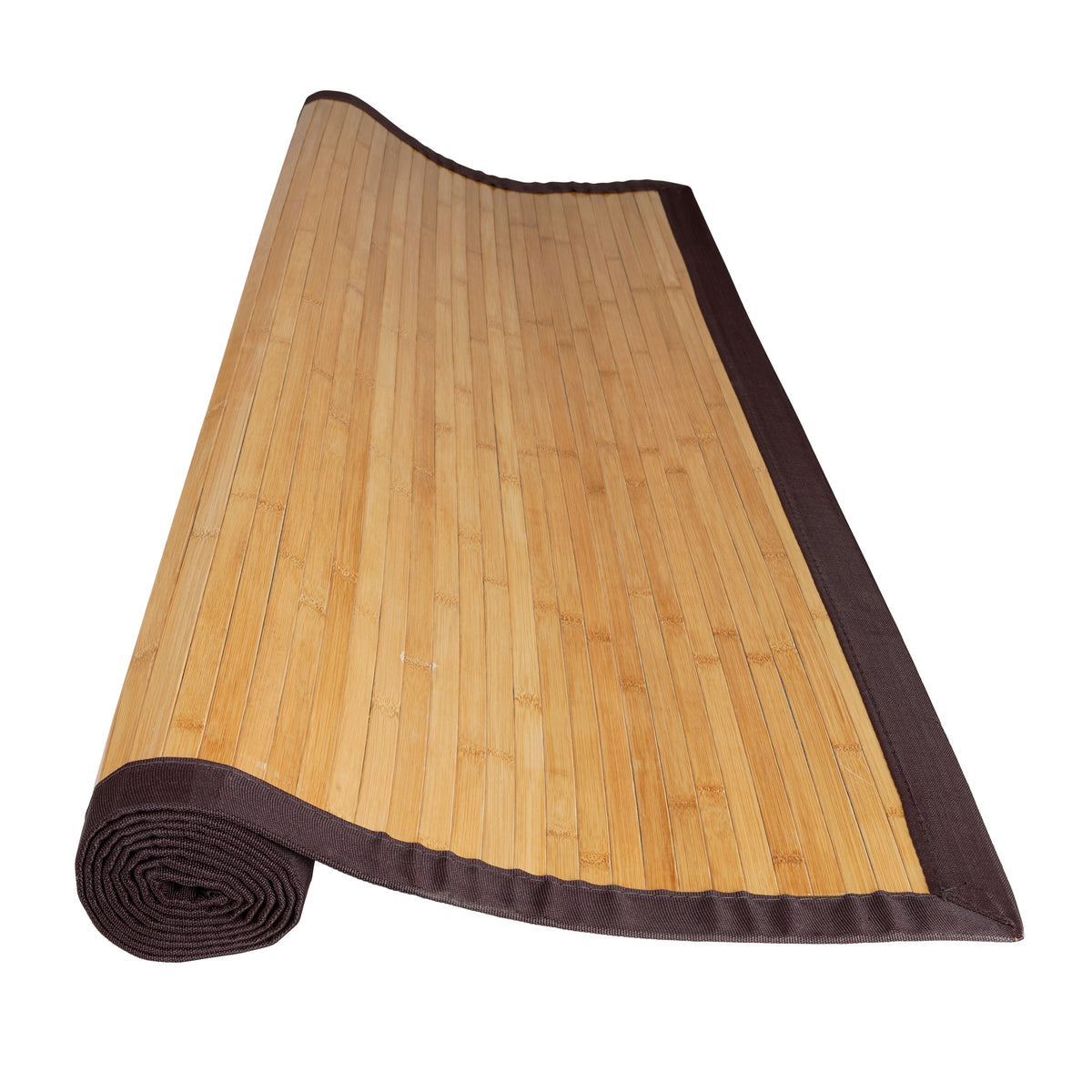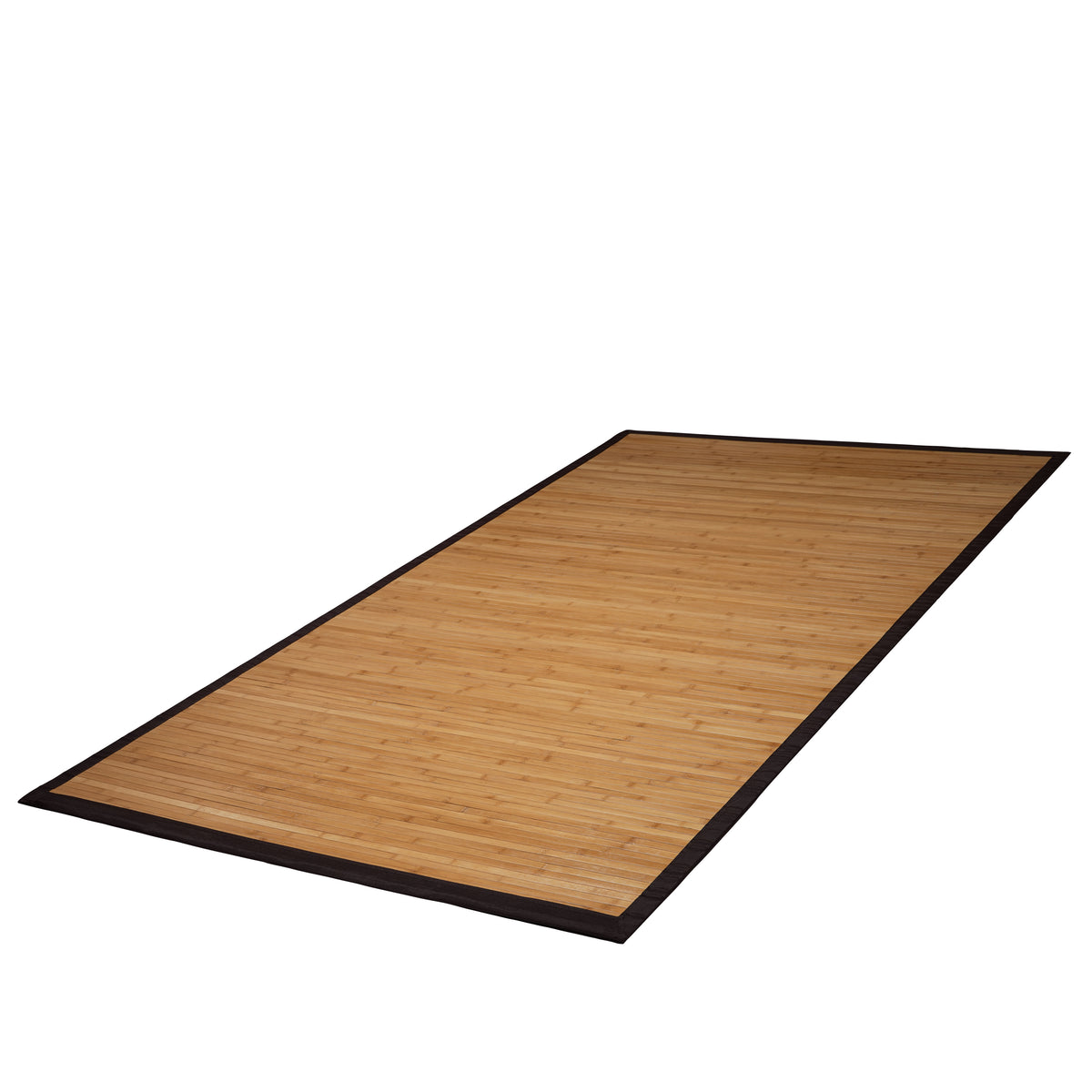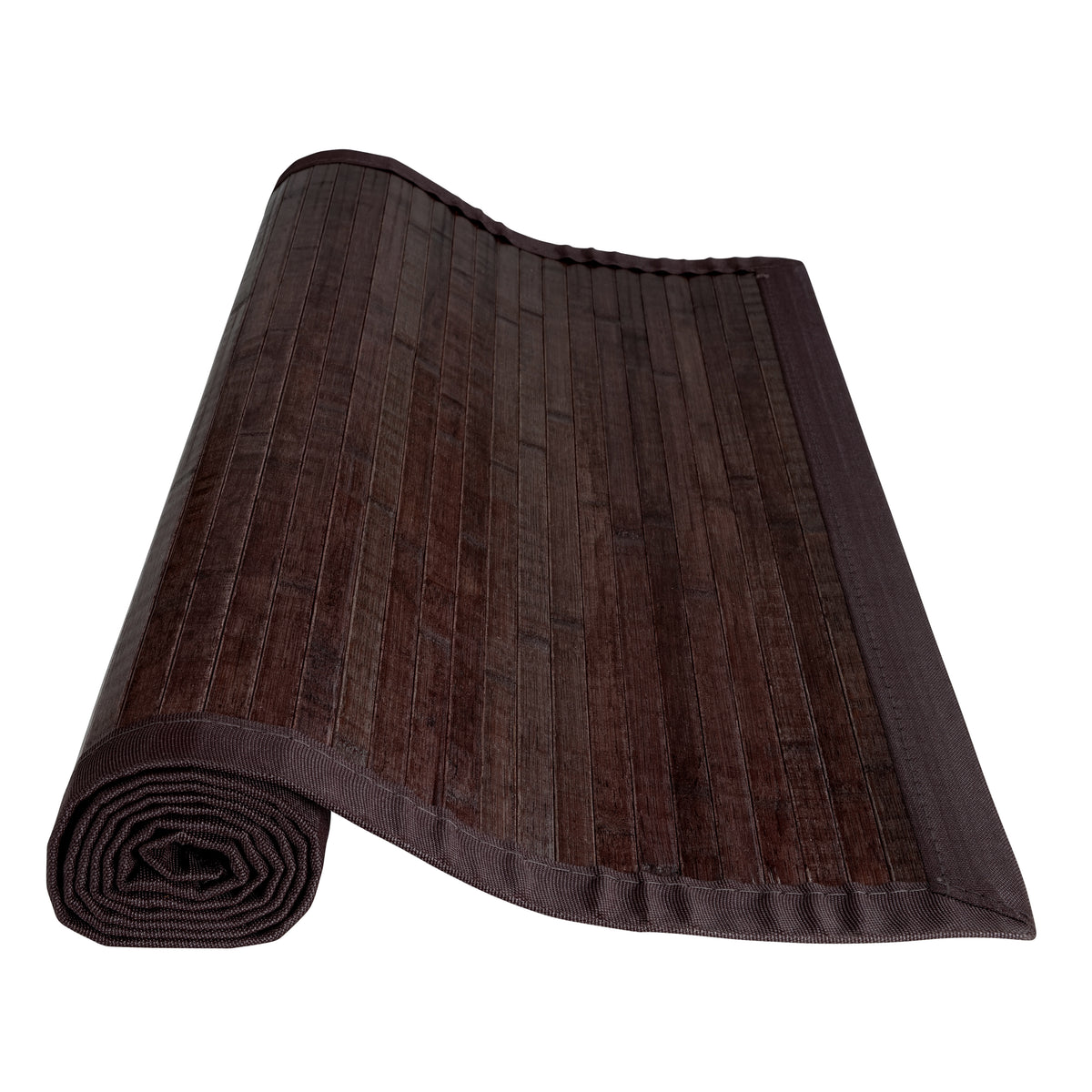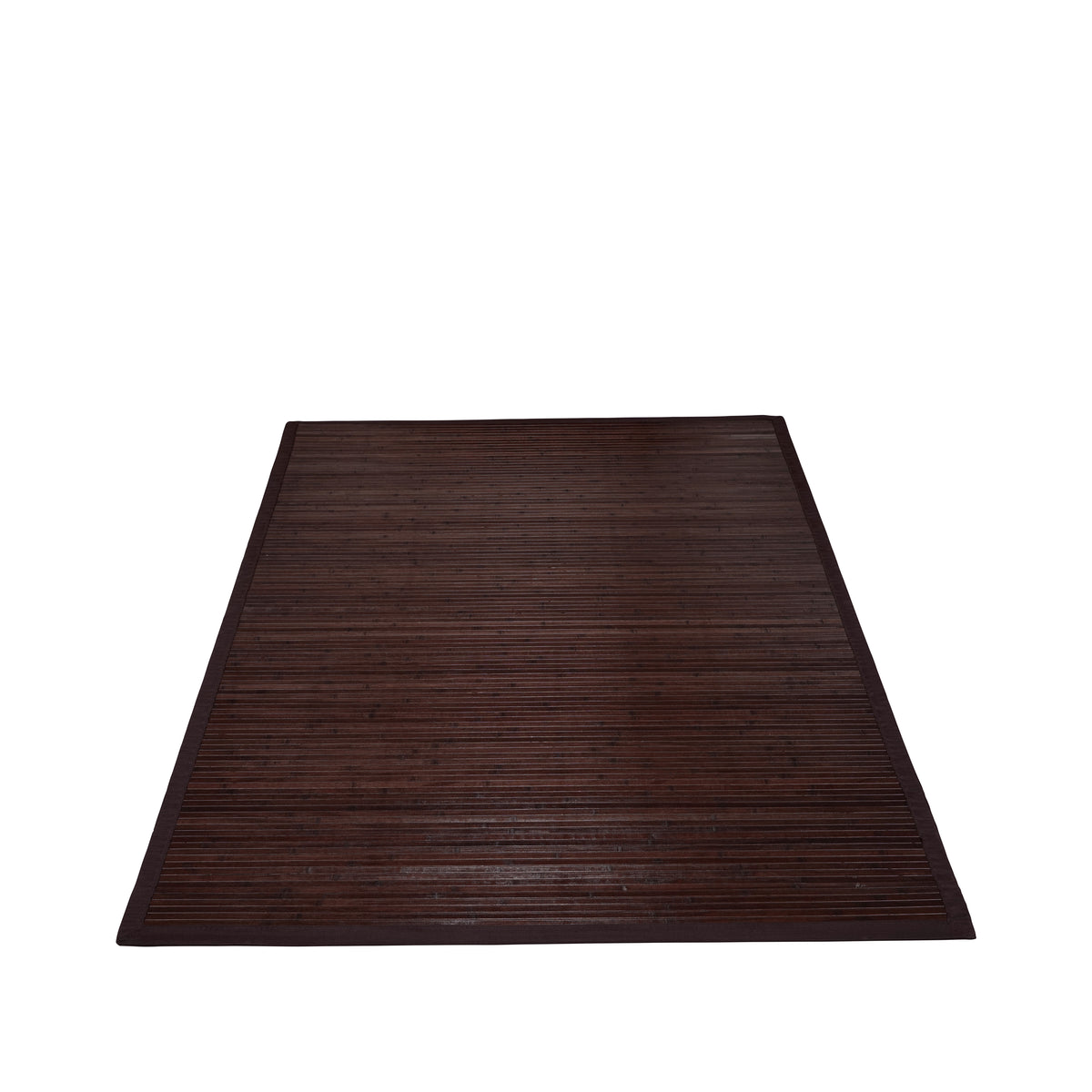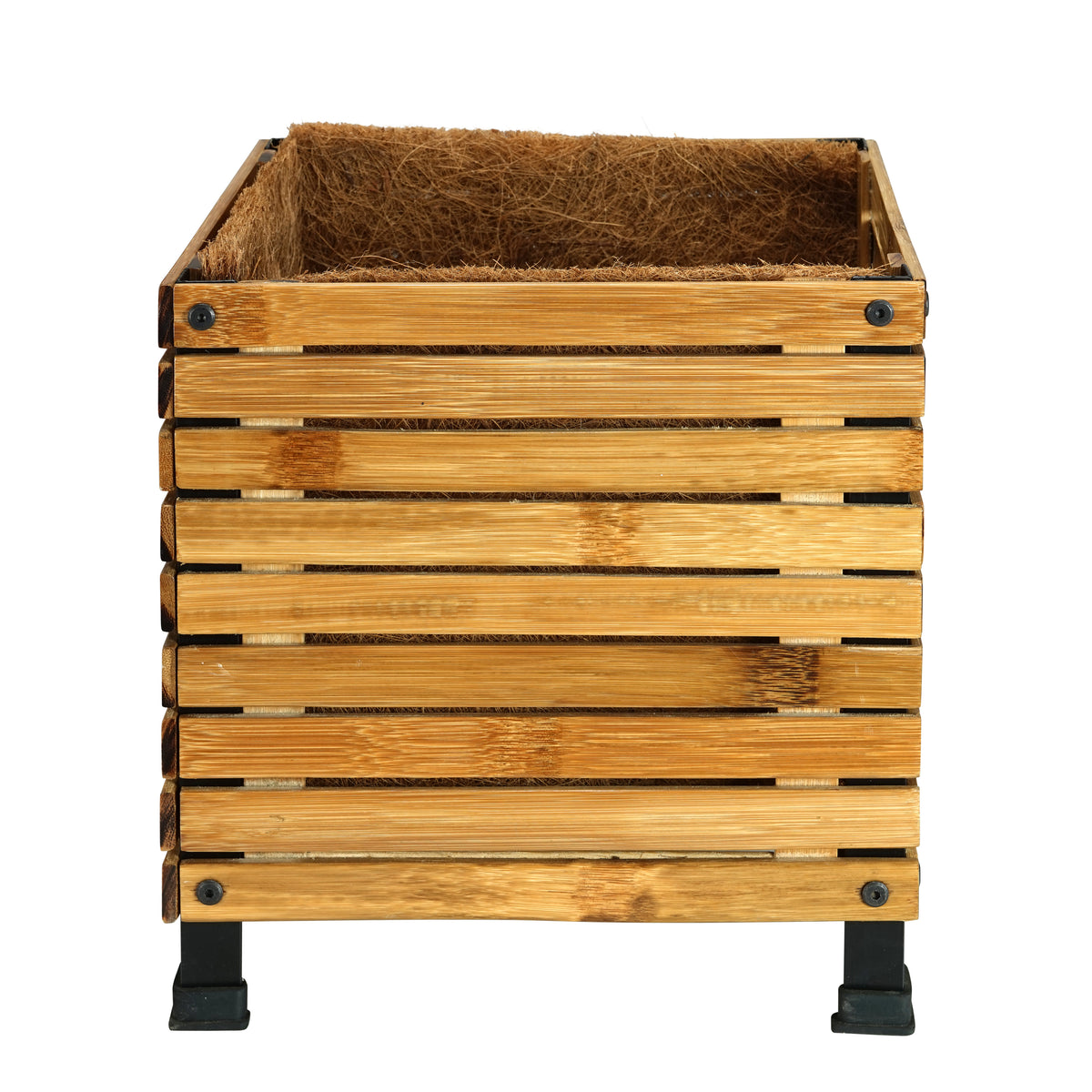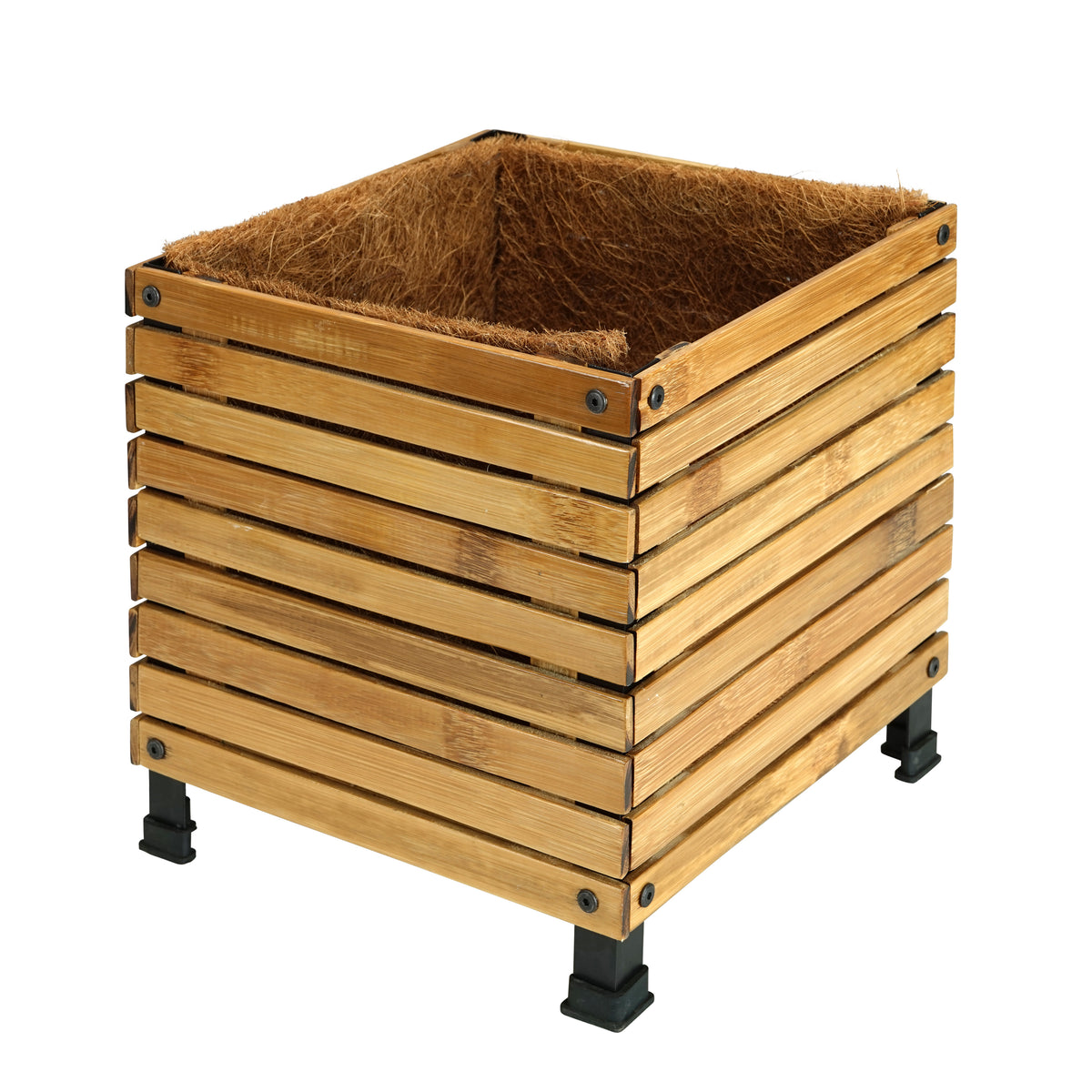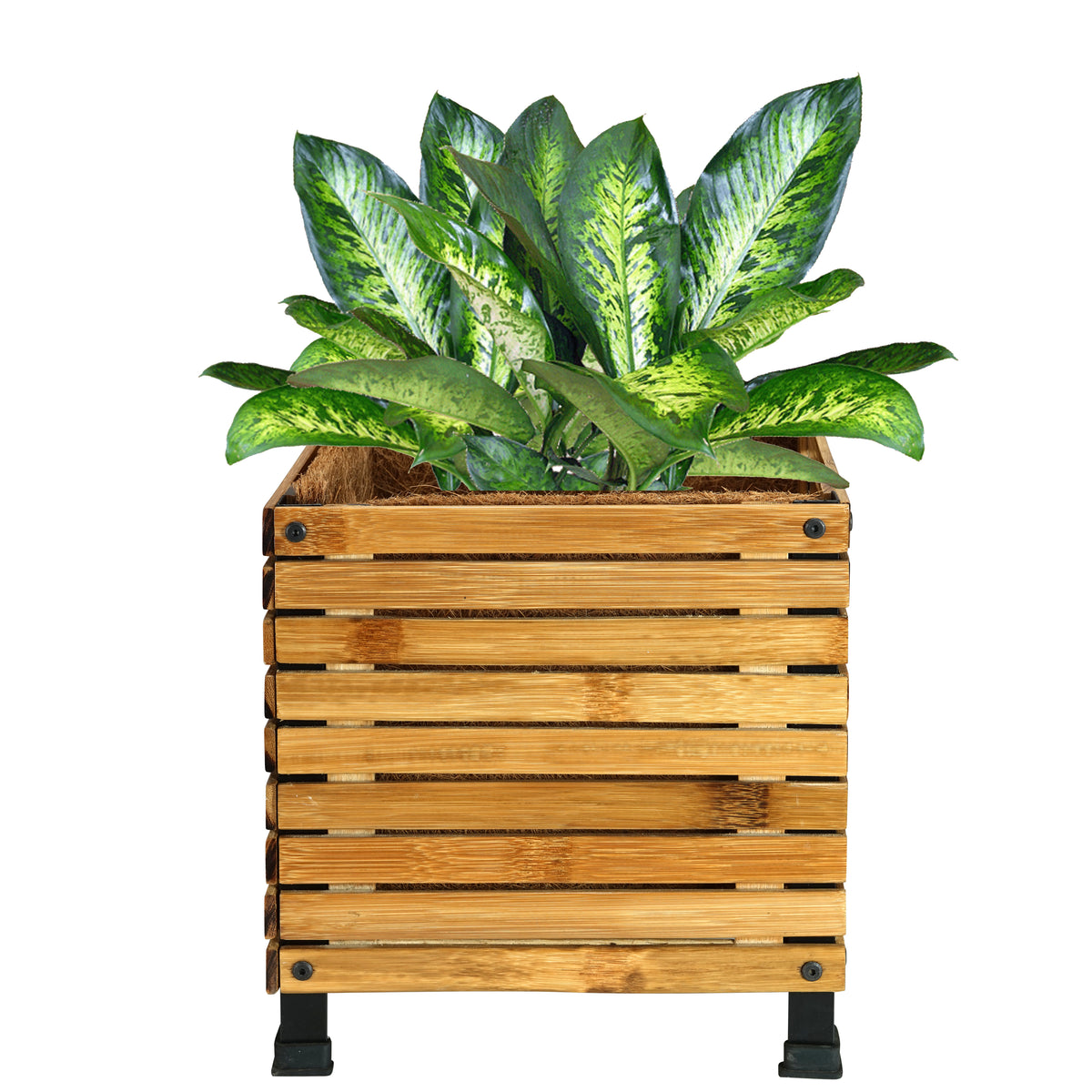Bamboo
Why Bamboo?
One of the biggest advantages of bamboo is that it is a fast-growing plant. Bamboo is a grass and can grow up to 90 cm per day, some types of bamboo can reach maturity in as little as three to five years. This makes bamboo a renewable resource, as bamboo can be harvested (or rather, mowed) over and over again without the need to replant.
Bamboo is also very strong and durable. Bamboo has a higher compressive strength than wood, brick or concrete and a tensile strength similar to that of steel. This makes it a great material for construction, flooring, furniture and other applications that require strength and stability.
Bamboo
The benefits are endless!
In addition to being strong and renewable, bamboo is also naturally resistant to pests and requires little water to grow. This along with its ability to absorb relatively large amounts of CO2 from the atmosphere makes bamboo a very environmentally friendly crop.
The benefits of
Bamboo
Bamboo
Better than wood?
Speed of growth
Bamboo is a renewable resource as it can grow quickly and be harvested in 3-5 years. This makes it a more sustainable option compared to traditional hardwoods that take decades to mature.
CO2 absorption
Bamboo is also known for its ability to absorb large amounts of carbon dioxide (CO2) from the atmosphere. This makes it an effective means of mitigating the effects of climate change and reducing greenhouse gas emissions.
Versatile
Bamboo can be used in a variety of applications, including construction, textiles, paper products and food products. Its versatility is useful in many industries and bamboo can be processed into various forms, such as poles, boards, fibers and more.
Oxygen
Bamboo releases 40% more oxygen and absorbs 35% more CO2 than an equivalent tree. And thus helps improve the environment.

Bamboo
Impact on nature
Bamboo has extensive root systems, which helps prevent soil erosion by holding the soil in place. The extensive root systems also allow bamboo to access water and nutrients from deeper soil layers, which can help maintain moisture in the soil. This is especially beneficial in areas that are prone to drought or have poor soil quality.
Bamboo
Biodiversity
Bamboo forests provide habitat for a wide variety of plants and animals. Bamboo forests provide understory support for several varieties of underlying plants, such as ferns, mosses and wildflowers, which provide food and shelter for insects, birds and other animals. In addition, bamboo forests can also support larger animals such as pandas, which depend on bamboo as their primary food source. Bamboo also provides shelter and nesting sites for various bird species and many other small mammals and insects.
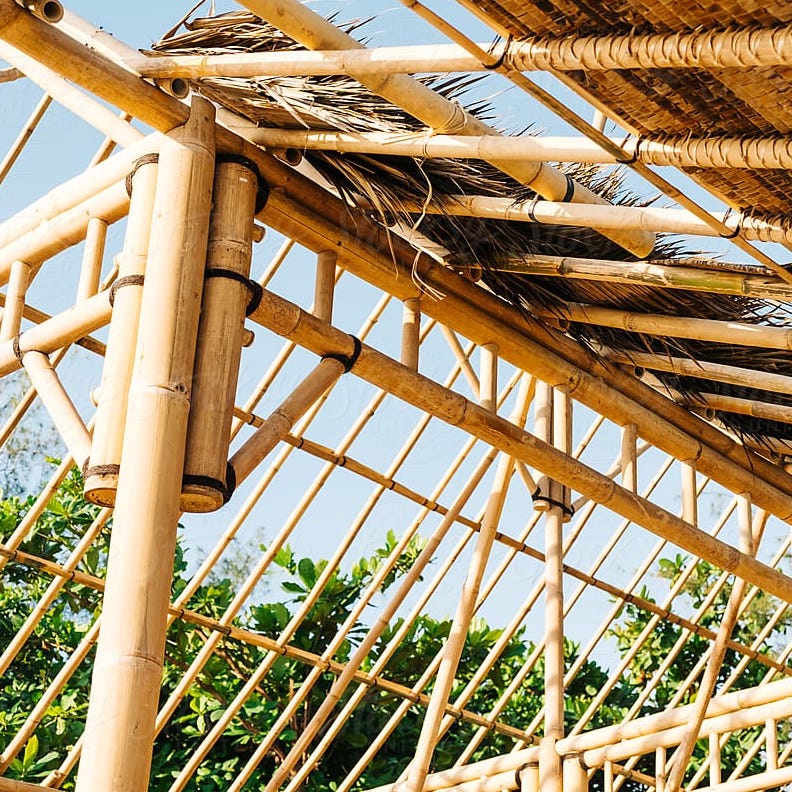
Bamboo
Useful for construction
Bamboo is a naturally strong and durable material due to its unique cell structure and composition. The strength of bamboo is similar to that of traditional hardwoods, making it suitable for construction and other applications that require a sturdy material. Bamboo can also be processed to have even stronger properties through various methods such as lamination.
Bamboo
Natural resistance
Bamboo also has a natural resistance to pests and rot, making it a more durable option for outdoor use than traditional hardwoods. This makes bamboo ideal for applications such as patios, fences and outdoor furniture.










